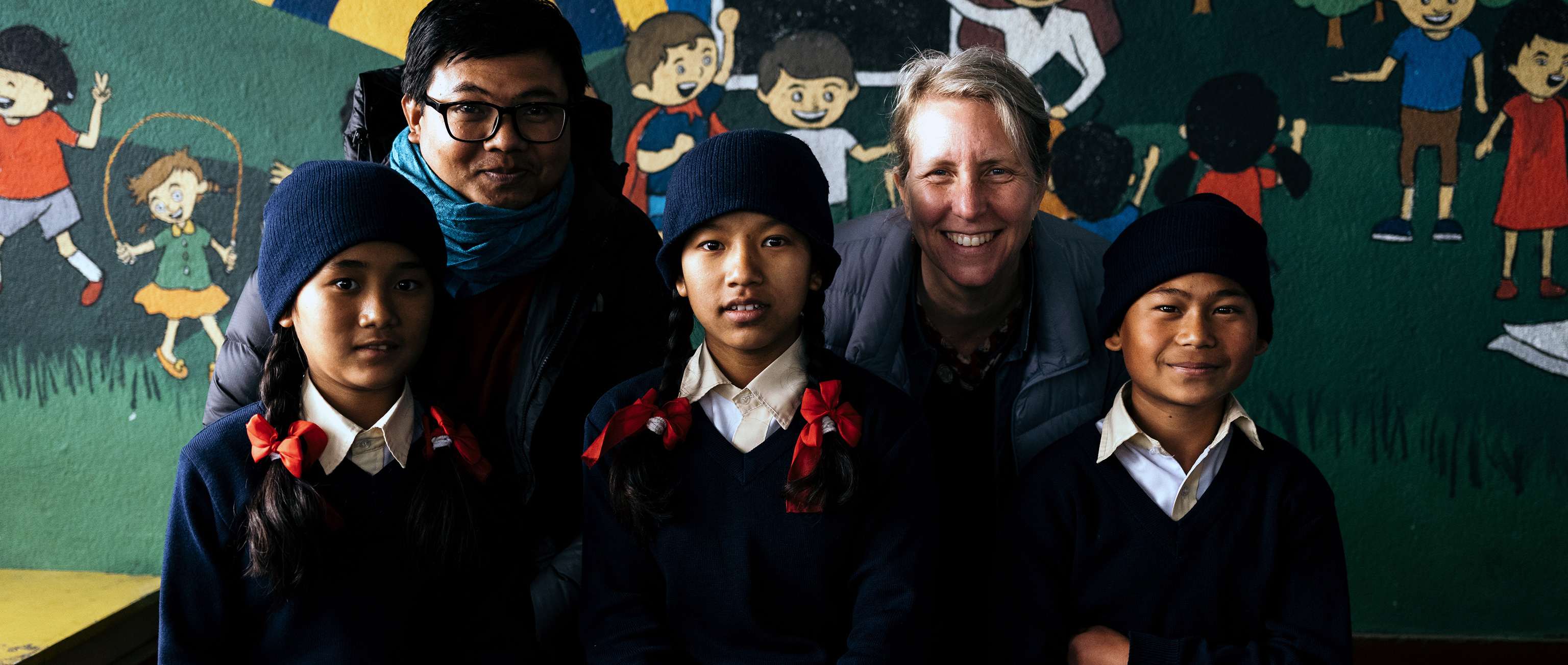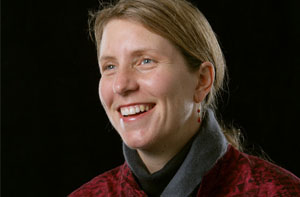
The Story of Hem Moktan: 152 Million Children Around the Globe Labor in Bondage
To be a hero is to take a risk. Hem Moktan does this every day, facing his brutal past as an enslaved child. He is featured in the documentary film Hem…
GoodWeave is a global nonprofit organization with a mission to stop child labor in global supply chains through a market-based holistic and authentic system. GoodWeave brings visibility to global supply chains, gives voice to informal and marginalized workers, provides assurance that certified products are free of child labor, and restores childhood to vulnerable children so they can laugh, learn, and play.
GoodWeave aims to stop child labor in the carpet, home textile, and fashion sectors and from the production of all consumer goods through its credible, market-driven model. By 2025, the goal is to work through partnership, thought leadership, and advocacy to free 30 million children. Country focus is India, Nepal, Afghanistan, Bangladesh, and Congo.
Scaling strategy: 1) in the market through business partnerships; 2) with other supply chain actors, build capacity to implement strong child labor elimination programming; 3) in producer countries, coordinate with government to implement and; 3) deliver ground-level data and feedback to inform effective regulation.

Founding CEO/Strategic Advisor, GoodWeave
Nina Smith is a children’s rights advocate and an expert on addressing labor violations in manufacturing supply chains. As GoodWeave International’s founding Chief Executive Officer in 1999, she developed a market-based strategy to protect millions of children and workers from exploitation. Under her guidance, the “GoodWeave System” has been a pioneer to map all supply chain production levels from factories through subcontractors down to homeworkers.
In addition to her 20 years with GoodWeave, she is the former executive director of The Crafts Center, past president of the Fair Trade Federation, and served as a crafts export consultant to the Tibetan Government-in-Exile in Dharamsala, India. Ms. Smith received the Skoll Award for Social Entrepreneurship in 2005, the EXCEL Award for excellence in chief executive leadership in 2012, and the Schwab Award for Social Entrepreneurship in 2016, recognizing her as one of 12 outstanding social entrepreneurs making change across the globe. She serves on the board of the Fair Labor Association and is a practitioner affiliate of the Social Enterprise Graduate Degree program at American University. She is a graduate of Tufts University.
With international market share and 180 brand partners‚ including Target, Restoration Hardware, and Gap,GoodWeave has proven its model in South Asia’s handmade carpet sector, decreasing child labor by 80 percent. This success led to rapid expansion over the past five years to home textiles, fashion goods, brick making, and a capacity-building program to elevate the field. GoodWeave certified, child-labor-free textiles have reached the market, and the number of children protected across all sectors has multiplied, including that children directly rescued from servitude has increased by nearly 50 percent during the same five-year time period. The policy environment is now ripe to support scale across sectors with modern slavery laws multiplying globally. The real measure of sustainable impact is how GoodWeave has created behavior change in the marketplace and in worker communities. In a recent survey, 60 percent of GoodWeave business partners confirmed that their consumers seek out child-labor-free goods. On the topic of individual lives changed, an independent evaluator of GoodWeave’s work in India stated GoodWeave’s approach demonstrates a nuanced understanding of how to identify/engage with at-risk individuals and is testament to a rigorous, in-depth, and holistic set of interventions—buzzwords that are often used, but not very often applied by implementers.